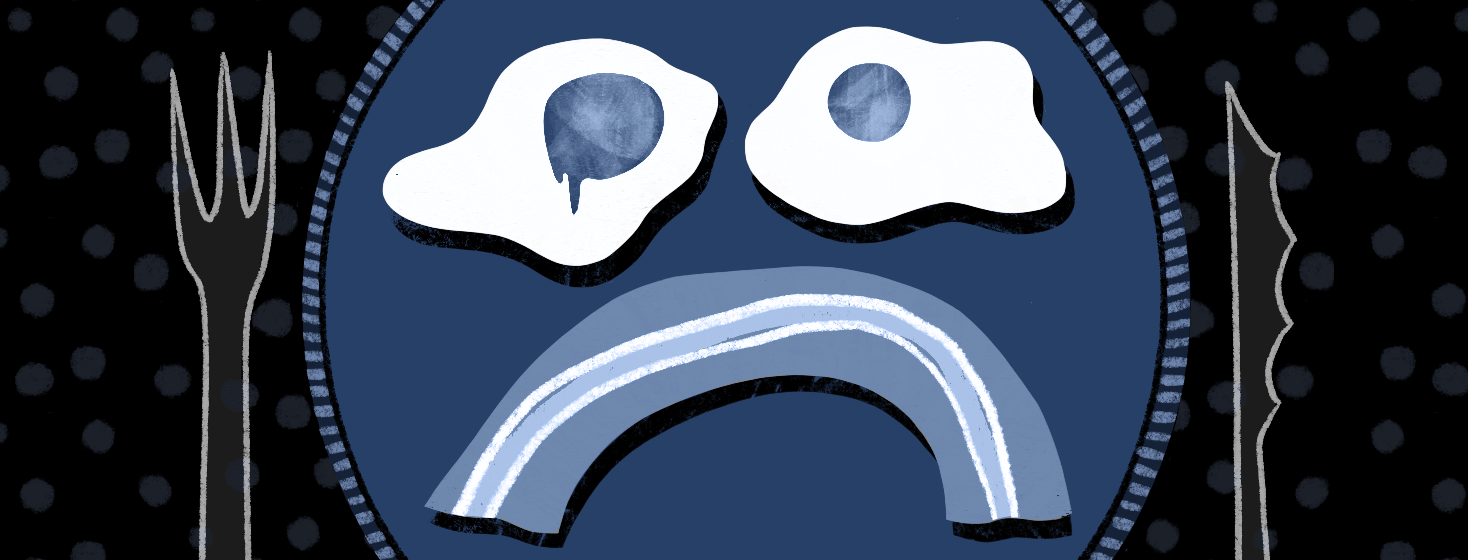What is Eating Fatigue in CF?
For decades, many people living with cystic fibrosis struggled to gain and maintain their weight. Once enzymes were introduced in the 1950s, weight gain and the absorption of nutrients from foods was significantly better but not a perfect science.1 People still struggled with eating the necessary calories and fat to combat malabsorption and off-set the calories burned while fighting infection and breathing.
The CF diet isn’t as fun as it sounds
In response, a high fat and high protein calorically dense diet was prescribed for patients to ensure they got the nutrients they need. On average people with CF are told to eat 1.5-2x the amount of recommended calories for someone without CF.2
The recommended BMI for women with CF is 22 and for men 23 because higher BMIs are associated with better lung function.3 That meant eating foods the general population avoided—butter, sour cream, cheese, full-fat milk, dense carbs, fast food, and sweets—and a lot of it!
In order to reach such high calorie demands, many people living with CF are taught ways to add calories to meals with high fat “add-ons”, by drinking fatty nutritional shakes in addition to full meals, or eating large portions even when they aren't hungry. There's always a pressure to be eating and eating more. A lot of the times these actions fall short and aren’t enough to gain or maintain weight in many people leading to disappointment and frustration around eating.
What is eating fatigue?
Imagine sitting down for a meal and being expected to eat an entire plate after just finishing a pizza moments earlier. You’re not the least bit hungry but everyone around you is encouraging you to eat and stressing the importance of calories.
You could eat a few bites of veggies but know that a few bites of pizza has more fat and calories. In the end, you give up because nothing sounds good at the moment. Now, imagine this scene occurs at every meal, everyday.
This is how “eating fatigue” pans out. For many people with CF, over time the act of eating often transforms from an enjoyable activity to a chore or stressor because, quite literally, their lives depend on how much they can eat and what types of foods they choose to eat.
Tips to combat eating fatigue
The relationship between food and CF is really complicated to unpack, and I am sure it will continue to change as more effective treatments become available and encourage a healthy weight. In the meantime, many of us still struggle to varying degrees with maintaining and gaining weight and face eating fatigue.
Here are my go-to tips I have learned to combating eating fatigue:
- Include a variety of foods and textures in your diet
- Focus on color and presentation of meals
- Look up restaurant menus or watch cooking shows for inspiration
- Order out from your favorite restaurants
- Consider a G-feeding tube to help supplement
- Always carry a snack with you
Have you or a loved one experienced eating fatigue with CF? What tips work for you? Share with us below!

Join the conversation